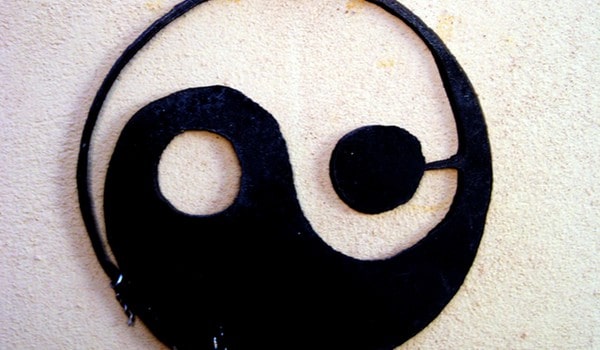
My wife and I watched the film “I Don’t Know How She Does It” (based on the book of the same name) earlier this week. It wasn’t exactly a great movie, but some of the messages in it have been swirling around in my head for the past couple of days.
In the film, Kate (played by Sarah Jessica Parker) is trying to balance a bunch of things: career and family life being the most notable. She makes list after list, but she still finds herself missing out on family stuff for the sake of her career, and as a result everything in her life begins to fall apart.
Despite the fact she feels that making lists might be hurting her, in the end her husband (played by Greg Kinnear) starts making a list as well. Lists are important. They help you keep things from falling through the cracks. Capturing tasks and ideas is critical to move things forward in work…and in your home life as well.
I work a lot – probably too much right now. But the plan is to pare back on that as my business continues to grow. But the only way I’ll stick to that plan is by keeping my personal life tasks and projects in a trusted system, just like I do with my work-oriented stuff. As a work-from-home parent, I also need to make sure that the lines between work and home life don’t get blurred. There are times where I fall short on that, but I’ve been revising my system to make sure that happens less often.
For example, I don’t use “Home” as a context because I also work from home. I use my iPhone for work-related phone calls and our landline for calls that fall outside of that sphere (that also helps to keep the company and home billing separated). I also make sure that on my heavy-lifting parenting days (Tuesday, Wednesday, and Saturdays) I focus on my personal and home projects, and leave the work-related projects to the other days of the week. I have constructed a system that supports my desire to shift between work and life stuff – and that’s the key.
The temptation is to chuck aside the system so that we can be free to do the stuff outside of work. But that doesn’t work because the system is what creates the freedom in the first place.
It’s the use of the system that allows you to let go of the work stuff and know that it will be there when you return. The same goes for the life stuff. If you don’t keep things like household maintenance in your task management solution of choice then you’re going to miss things that are “life important” as opposed to “work important.”
There are life-oriented things I keep in Todoist that many find surprising, like “Mow lawn” and “Take out garbage.” If those things aren’t in there then they fall by the wayside because I trust my system to help guide me. To be accurate, I’m still guiding myself on these things because I’m the one who set up the system in the first place. But it’s no use setting up a system – or even using it across the board – if it isn’t one you can trust.
I also just started to make a point of blocking out pure family time every Saturday until noon. Doing so ensures that we get out of the house and do something as a family. No mowing the lawn. No grocery shopping. Just something fun – guaranteed. By setting that up as a regular occurrence, I’m waking up with the mindset that Saturday morning is family time. That may sound absurd to some, but it actually allows my wife and I to really plan great stuff to do during that time. If it wasn’t blocked off, that planning wouldn’t happen.
As odd as it my sound, in order to balance the life side of things you need to approach it in a similar way as you do the work side of things. That means you need to:
- Set things up in a system that you will use and trust.
- Adjust the system as needed when you find cracks in it so you can maintain that trust.
- Block out time when it supports the system or helps you stick to the system.
If you’ve read The Way of The Productivityist, you’ll note that all of the tenets are applicable in work and life. The aspects of who we are and what we do are becoming more blended and blurry. Developing some sort of systemization to help keep it less blurry allows you to focus on the right side of things – whether it’s the life side or the work side – more effectively.

